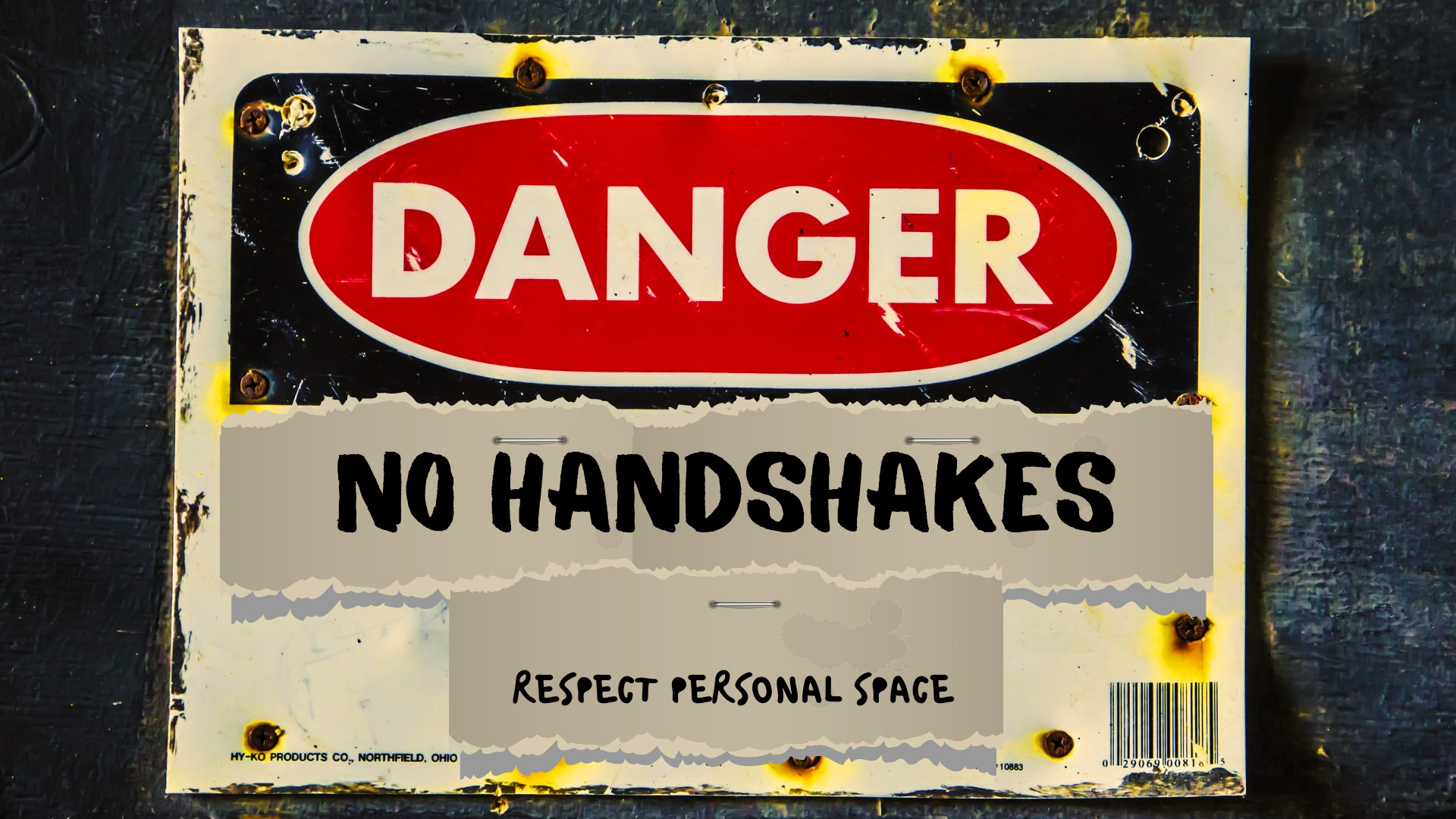One of the most important rules in Bukusu culture is you’re not to greet your parents-in-law by the hand. The ways of our forebearers strictly forbids it. Learn why
The rules
Women married to a home, the daughters-in-law are forbidden from shaking hands with their fathers-in-law, uncles-in-law or any male first relation to their husbands who in our African ways qualify to be called father. Equally men, the sons-in-law, in Bukusu community don’t shake hands with their mothers-in-law or any of the female first relations to their mother in law; basically anyone considered a mother.
But it does not end there. In strict Bukusu communities, a son-in-law isn’t even to be found in close proximity to his mother-in-law or any of her female fist relations. Same case applies to daughters-in-law and their fathers-in-law.
What this means is that they shouldn’t even be in the same room for longer than is necessary. As a result of these and other cultural norms, cultural sensitivity of importance when saluting relations and non-relations in Bukusu land. For example, when visiting parent in laws, one should not extend their visit till the setting sun finds them there. Neither should the door be closed at any time during the visit with the son or daughter-in-law in the same room with their parents-in-law.
Learn more: 10 ways to greet in Bukusu for every occasion ↗
Get to know how to show respect and convey your true feelings when greeting someone in Bukusu. With explanations on how and when to use each greeting, get to know 10 different ways to say “hallo” and touch someone.
What to do
This means that one must be well conversant with who it is they are greeting by hand and not just rush forward brandishing their well wishes.
With westernization, traditions such as these ones are slowly fading away. However, for my case, whenever I am about with my non-Bukusu spouse, I make a point of scanning and feeding them intel appropriately. As one who knows the culture, it is my duty to guide them through, lest they find themselves in sticky mud situation. The abomination that follows such avoidable cultural faux pas is one I need not for my loved ones.
via GIPHY
Beyond that, responsibility for my actions carryon to where I am married. As such, I carry the Bukusu in me to where I’m married. It happens that I am often witness to my sisters-in-law shaking my father-in-law’s hand. I know it might seem stupid to some of you, but I can’t get over that. More, the way they do this with reckless abundance pains my heart. Me (points index finger to my chest, neck stretched out, head forward, chin up and eyes popping out) I can never do that! Never ever!
My people brought me up to acknowledge this Bukusu tradition on greeting and it simply wont go away.
Therefore, I choose to respect my father in law to the grave. I will not shake his hand in my sober self. Not because I am primitive or anything, but because my upbringing, with good reason, dissuades me from acting otherwise. Luckily for me, my father-in-law in his wisdom hasn’t pressured me on this.
So, why in Bukusu culture are you not to greet your parents-in-law?
Well, it is a simple matter of respect. Filial respect by a son or daughter to a father, mother or parent. In this way, I find Bukusu culture to be talking to Chinese culture, precisely Confucian, Chinese Buddhist and Taoist ideals. In these oriental cultures such acts, according to Wikipedia are referred to as: “filial piety (Chinese: 孝, xiào) is a virtue of respect for one’s parents, elders, and ancestors”.
Similarly, for my people the Bukusu observing this rules on how to relate with your parents-in-law is taken as duty handed down from our ancestors. Even as some try to cheapen the nobility of this dogma of Bukusu culture, branding it as nothing more than an effort to curb sexual predatorism e.g. sons-in-law with their mothers-in-law and so on, I will stick to the respectful ways prescribed by my forefathers; So help me Wele.
Bukusu Luhya words related to this post
- Basakwa is parents-in-law in Lubukusu.
- Mulamwa is sister-in-law in Lubukusu.
- Mukwasi is brother-in-law in Lubukusu.
Learn more Luhya – English words with our Luhya-English Dictionary and Thesaurus
Subscribe to Mulembe Weekly
Get culture, language, stories and discussions in your inbox every Friday 5 PM East Africa Time

